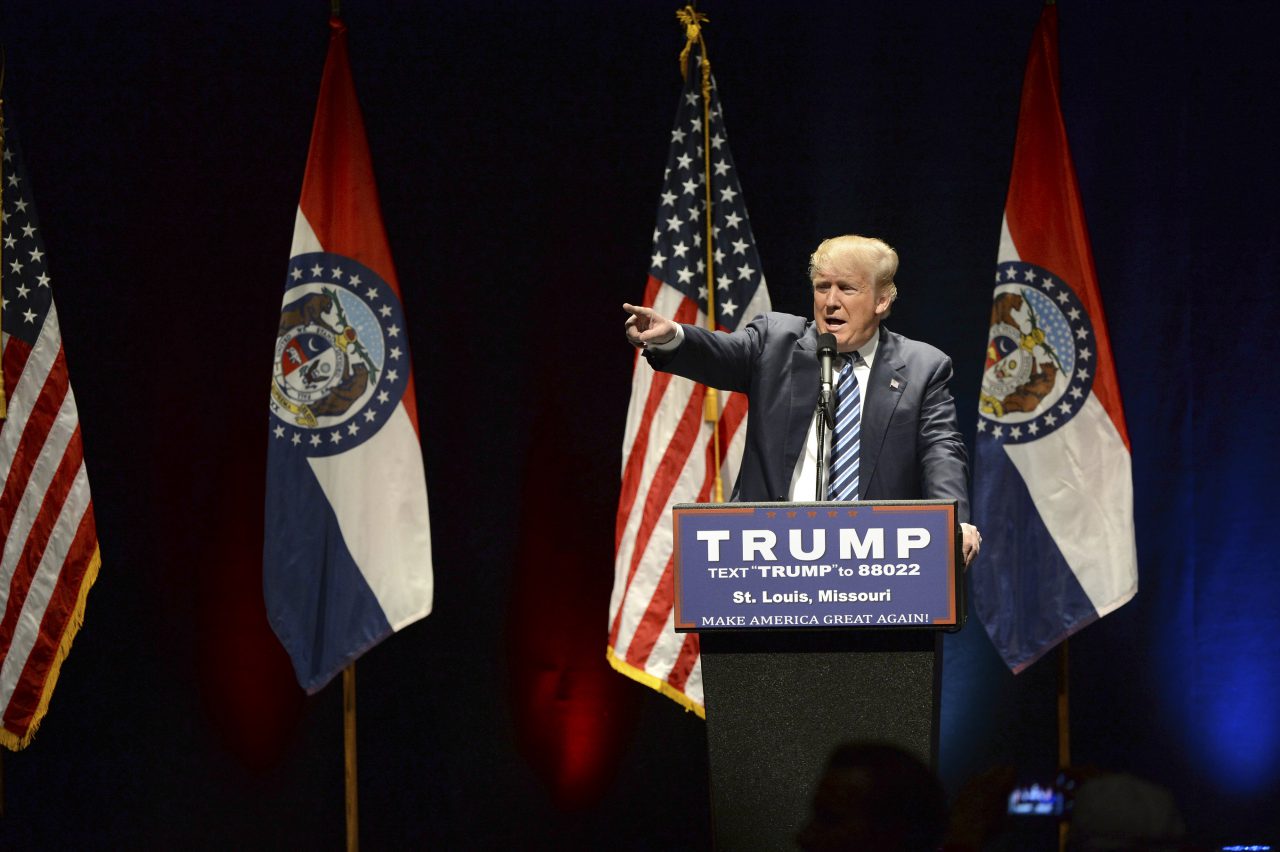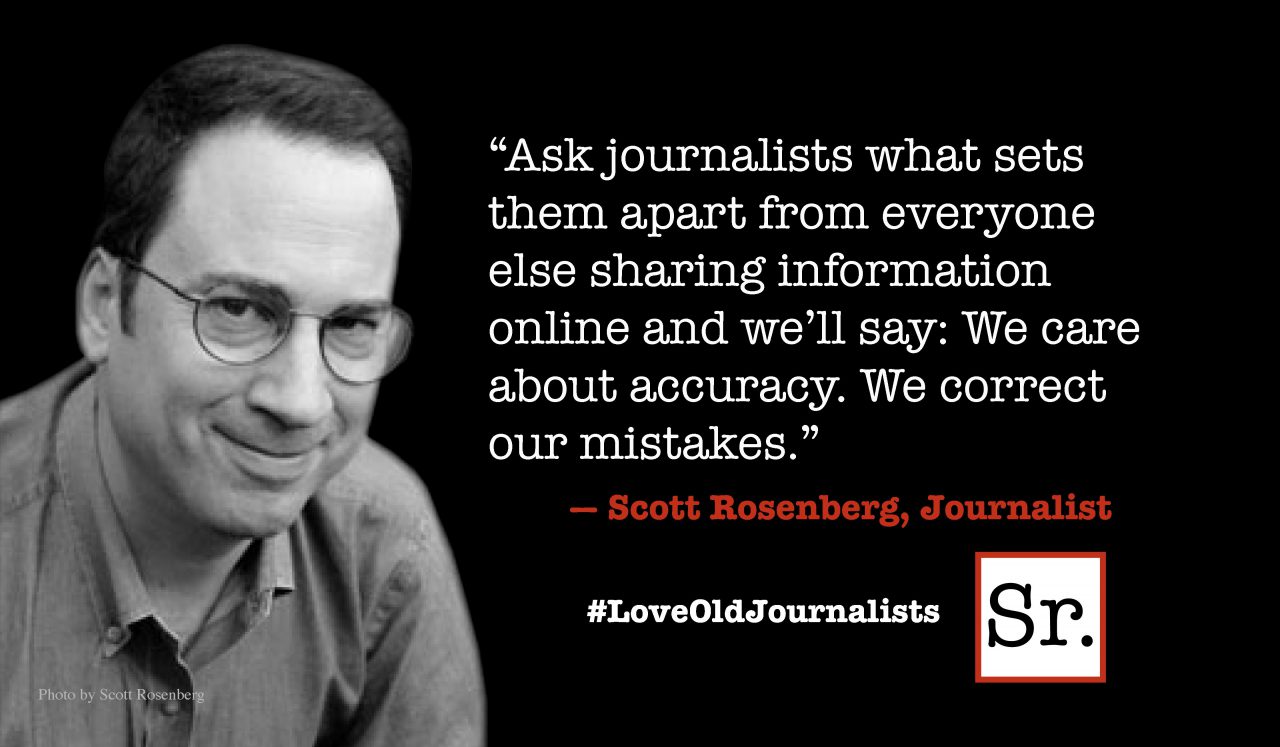The final television ad of Donald Trump’s campaign to become president reflected his conspiratorial view of a world where global elites who “don’t have your good in mind” operate in secret to rob the working class and strip the United States of its wealth.
Aired in the week leading up to Nov. 8, the commercial was a variation of a theme he touched on before: “Hillary Clinton meets in secret with international banks to plot the destruction of U.S. sovereignty in order to enrich these global financial powers, her special interest friends and her donors.”
The ad featured images of Clinton and three prominent Jewish Americans — hedge fund billionaire George Soros, Federal Reserve chairwoman Janet Yellen, Goldman Sachs CEO Lloyd Blankfein — and prompted complaints from the Anti-Defamation League and others who saw it as a modern version of the Protocols of the Elders of Zion. An anti-Semitic forgery first published in Russia in 1902, the protocols portray a Jewish plot for global domination — an early example of fake news.
Trump surrogates dismissed allegations of anti-Semitism, pointing out that his son-in-law and future White House adviser, Jared Kushner, is an orthodox Jew and that his daughter Ivanka converted to Judaism.
But the ad and campaign rhetoric on domestic and international forces out to harm America brings to mind a question: To what extent does the 45th president of the United States share the inclination of millions of Americans to believe in conspiracies?
For more than five years, Trump was the unofficial leader of the “birther movement” that united Americans who insisted that President Barack Obama was born outside the United States and therefore not eligible to hold the highest office in the land. Trump first expressed doubts over Obama’s birth place in television interviews in 2011. He finally dropped the claim last September.
Whether that will end doubts among the birthers is yet to be seen. The last public opinion poll on the issue was taken before September and it showed that 59 Percent of Trump supporters thought Obama was not born in America.
Trump has had warm words of praise for one of the country’s most prolific producers of outlandish conspiracy theories, Alex Jones. In a live video interview in December 2015, Trump told Jones, “Your reputation is amazing. I will not let you down.”
Among the many claims published by Jones’ right-wing website infowars.com: the 2012 shooting at the Sandy Hook elementary school in Newtown, Conn., never happened. It was an elaborate hoax staged by the government to make the case for tighter gun controls. So, anybody who believes that 20 children and six adults died in the shooting has fallen for a clever deception.
To hear “truthers” tell it, the list of deceptions is long and varied. Examples: the landings of American astronauts on the moon were filmed in studios to convince the world of U.S. superiority in space. No one actually set foot on the moon. Another durable conspiracy theory: the administration of George W. Bush was either involved in or allowed to happen the Sept. 11, 2001, attacks on the World Trade Center and the Pentagon.
The reasons 9/11 theorists give vary. Some argue that the government needed a reason to attack Iraq and that it wanted an excuse to crack down on civil liberties. There are at least 18 books purporting to prove the conspiracy, plus millions of words of commentary and website reports. A Google search for “9/11 lies” produces more than 30 million results.
Academic research on what drives people to embrace alternative versions of reality is relatively scarce. According to an oft-quoted 1964 essay on the matter, “The Paranoid Style in American Politics,” conspiracy theories date back to the beginning of the republic and were produced or followed “by more or less normal people.”
In the essay, the late Columbia University historian Richard Hofstadter cited the inventor of the telegraph, Samuel Morse and his 1835 book “Foreign Conspiracies Against the Liberties of the United States.”
Wrote Morse: “A conspiracy exists and its plans are already in operation.” The plans were hatched by the government of Austria. “She has her Jesuit missionaries traveling through the land; she has supplied them with money, and has furnished a fountain for regular supply.” The aim: Installing a scion of the House of Hapsburg as emperor of the United States.
Yesteryear’s mistrust of Catholics is today’s suspicion of Muslims, one of the groups Trump warns about.
One trait many conspiracy theorists tend to have in common is a feeling of lack of control over their own lives, according to a study in the journal Applied Cognitive Science. That feeling is often reinforced by terrorist attacks, natural disasters and financial crises.
Another factor appears to be lack of trust in government. The less trust, the tighter the embrace of conspiratorial explanations of events.
And trust in government has declined to shocking lows. In 2015 the Pew Research Center published the result of more than half a century of tracking the public’s trust in government. In 1958, when the question was first asked in the National Election Study, 73 percent said they trusted the government “just about always or most of the time.” By 2015, that stood at 19 percent.
Trump takes office with an approval rating of 40 percent, the lowest of any incoming president in recent history. Will he be able to build broad support that would help restore trust in government?









